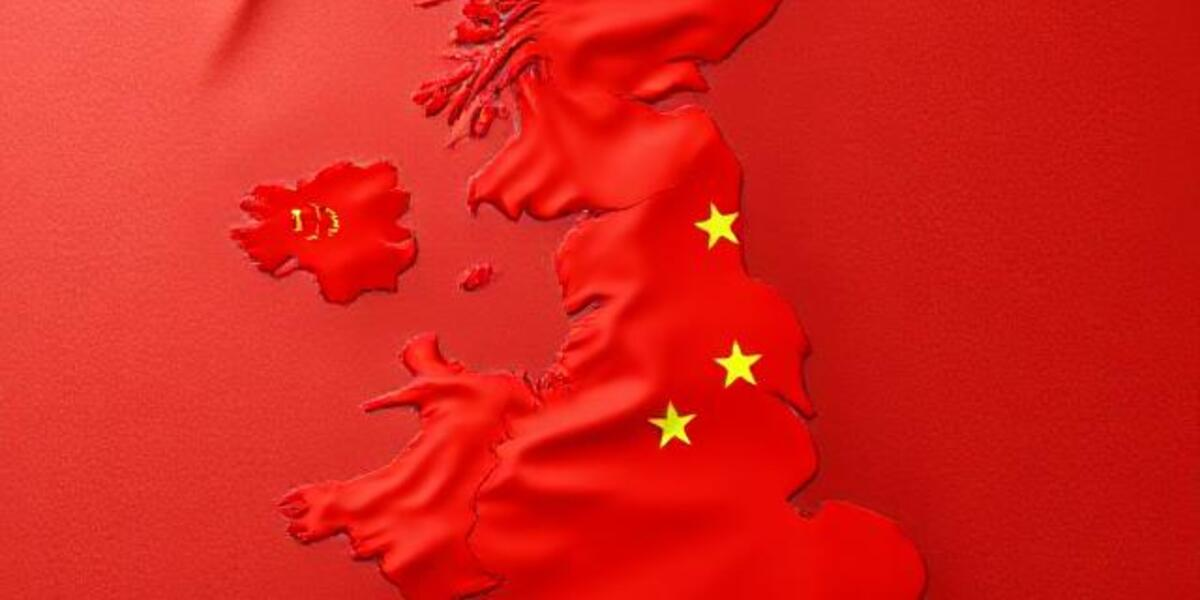Steel. Energy. Transport. These aren’t just sectors – they’re the spine of any sovereign state. And over the past two decades, China has scooped up billions’ worth of British assets while we politely held the door open.
Now, with the UK government forcibly taking back control of British Steel from its Chinese owner, it feels like someone’s finally sounded the alarm. But let’s not kid ourselves – that alarm is long overdue.
$100bn in Chinese cash into Britain
Since 2000, over $100 billion of Chinese money has poured into Britain. That’s not pocket change; that’s economic power. Power that touches everything from wind farms off the Scottish coast to the black cabs rolling through London. And for a long time, we welcomed it – because foreign investment, we were told, was the price of prosperity. We needed the cash, and China had it.
But here’s the problem: we weren’t just taking cheques – we were selling the keys to the castle.
Stakes in nuclear energy, Thames Water, Heathrow
Energy alone has accounted for nearly a fifth of major Chinese investments since 2005. Some of our gas networks, wind farms, and water utilities are at least partially owned by Chinese state-linked firms. The China Investment Corporation, a sovereign wealth fund, holds stakes in Thames Water and Heathrow Airport. China General Nuclear has been embedded in our nuclear projects – including Hinkley Point C. For a nation that prides itself on resilience and independence, that’s a serious vulnerability.
And it’s not just the state players. Private Chinese investors – with equally questionable connections – have gone on a spending spree, snapping up tech firms, luxury car brands like Lotus, and critical manufacturing operations. All while Beijing tightens its grip on capital and reins in overseas ambitions.
Yes, we’ve seen a sharp decline in Chinese investment since its 2017 peak. Yes, the government is now blocking CGN’s involvement in new nuclear builds. But let’s be clear: the damage has already been done. We’re grappling with the legacy of a two-decade shopping spree, enabled by a political class that failed to think beyond quarterly growth stats and capital gains.
Naivety in play
There’s a whiff of naivety here that borders on negligence. While Washington and Canberra were building fences around critical infrastructure, we were selling off the family silver – then asking the buyer if they fancied running the boiler room too.
This isn’t about xenophobia or protectionism. It’s about strategic realism. China doesn’t do business for sentiment. It does business for leverage. And when it comes to national security, energy sovereignty, or technological resilience, you can’t afford to be polite. You have to be prepared to say no.
Of course, there are legal and diplomatic complications to untangling decades of deals. We can’t just rip up contracts or evict shareholders. But we do need a full-scale audit of who owns what – and whether that ownership aligns with the national interest. We need a permanent regime that isn’t just screening future investments but re-examining past ones too.
Time to be more selective over whose cash we take
Let’s stop being surprised every time we discover that another utility, port, or energy asset is sitting in Beijing’s portfolio. We let it happen. Now we need to fix it.
Britain can’t afford to be a bargain bin for authoritarian capital. Not anymore. The steelworks at Scunthorpe might just be the first chapter of a long-overdue rewrite – one where sovereignty starts at home.







